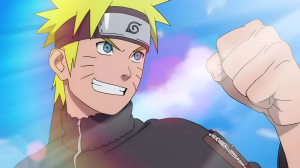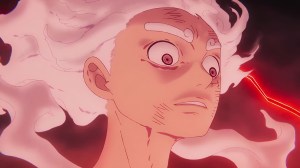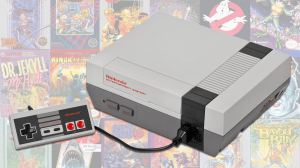For anime fans, watching a good anime is often a beloved weekly ritual. To learn that this ritual is about to end then, is almost always bittersweet. Despite this bittersweetness, an anime ending can still be tragic, hopeful, or happy, taking its fans for one last, memorable ride. Note that an ending doesn’t always have to conclusively end the story. Addressing any major conflicts while leaving the future of the characters up to the viewer’s imagination can work just as well. It should not be forgotten, however, that writing a satisfying ending is no joke.
Videos by ComicBook.com
There is so much that needs to be considered, from where the fans want the story to go to the author’s original vision. It’s also important to tie up any loose ends, stay true to the story’s theme and its characters, and give the fans closure. Ending any story well is an art, and anime isn’t any different. A bad ending can tarnish the reputation of an otherwise impeccable anime (and even span fan-made endings). While a good ending can take an anime and elevate it to something more. And that’s why we’ve compiled this list of the 10 most perfect endings in all of anime history.
Spoiler Warning: Given the Nature of This List, Major Anime Spoilers Ahead for Each Entry!
Code Geass: Lelouch of the Rebellion
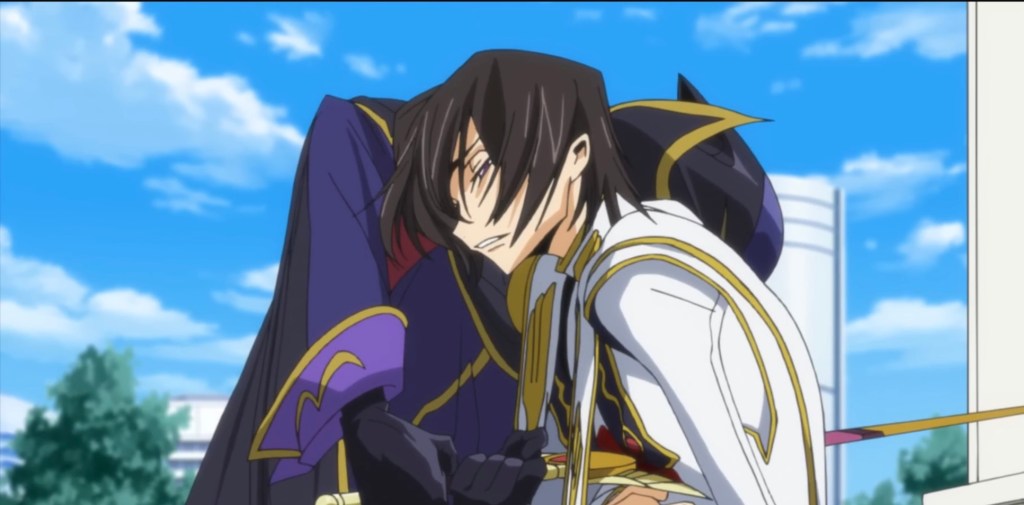
Known for having one of the most intelligent protagonists in all of anime, Code Geass: Lelouch of the Rebellion’s ending is befitting of Lelouch’s foresight and ingenuity. Throughout the anime, viewers see Lelouch going down an increasingly bloody path. Until he finally seems to become the villain of the series with even his former allies turning against him.
But just when no one expected it, Lelouch has himself publicly assassinated, dying as the symbol of evil so the world can move towards true peace. And while the anime’s sequel, Code Geass Lelouch of the Re;surrection, has him revived and temporarily back in the role of Zero, the original ending remains the best one.
Death Note
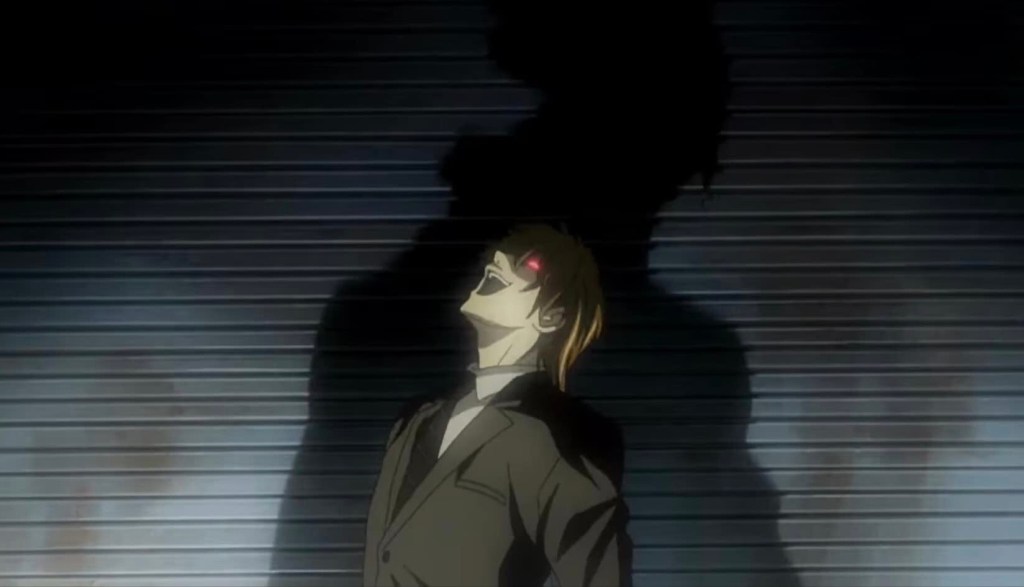
Much like Lelouch, Light is also an incredibly smart protagonist on a mission to change the world. But where the two differ is how Light ultimately becomes corrupted thanks to the Death Note. This leads to Light abandoning his own morals and even developing a god complex, cementing his legacy in the process but ultimately dooming him down the line.
Even as he’s confronted by Near, Light remains sure of his self-righteous infallibility. But ultimately, Matsuda shoots him. As an injured Light flees from the scene, Ryuk writes his name in his notebook, ending Light’s story in Death Note with a reminder of his mortality.
Fullmetal Alchemist: Brotherhood
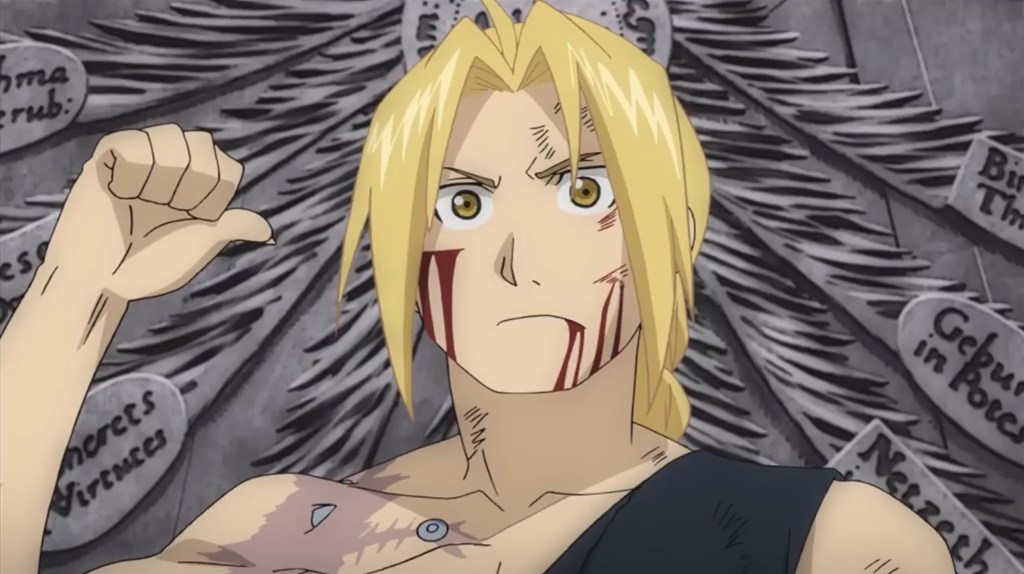
Fullmetal Alchemist: Brotherhood’s ending is considered one of the best in anime history, and for good reason. While the series has many tragic moments, the ending is one of bittersweet happiness. Despite his love for alchemy, protagonist Edward Elric sacrifices it for his brother, choosing family over knowledge or power.
This ultimately ends up being the right answer and brings the story full circle. Ed’s inability to accept the laws of human mortality led to the initial tragedy that cost the brothers their bodies. To him, realizing a mere human is all he ever was and choosing to live a simple life as one with the woman he loves.
Samurai Champloo
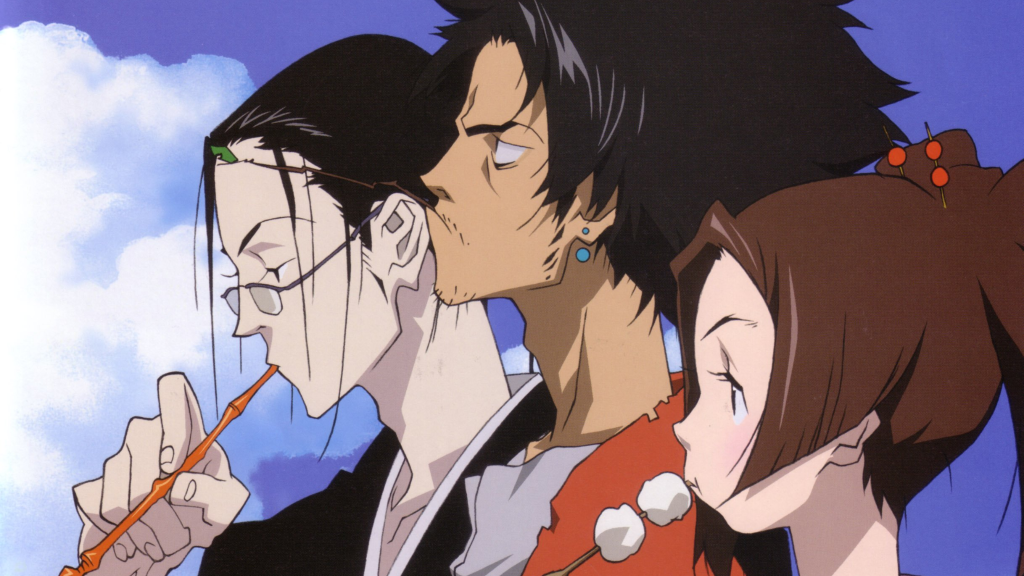
While most anime stories show the main cast together and happy in the end, Samurai Champloo takes a different approach. After 25 episodes of Mugen, Jin, and Fuu journeying together, the last episode of the series has the trio split up, each going off on their own path. But while unconventional, this can be explained by how Samurai Champloo’s ending isn’t really an ending, but the start of each character’s individual journey.
Still, these are journeys we don’t ever get to see and that’s definitely bittersweet. But with its rejection of the stereotypical “happily ever after” trope, Samurai Champloo reminds us that life goes on regardless of who is and isn’t there to live it with you. The point of friends isn’t to spend your entire life together but to grow from the time you do have together. As for fans of Samurai Champloo’s Shinichiro Watanabe, you’ll soon find his trend of phenomenal or even perfect anime endings both precedes and follows this series, as well.
Cowboy Bebop
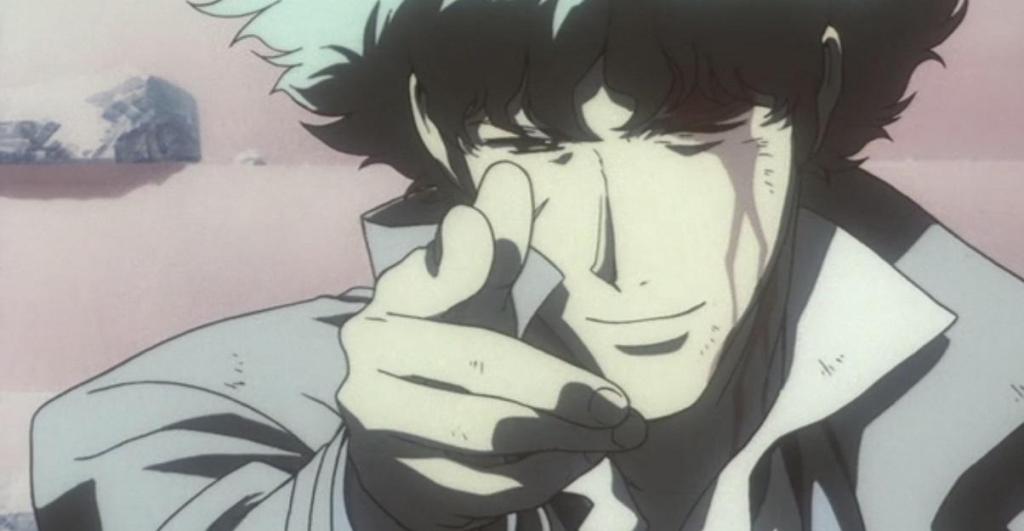
In a futuristic world with a thriving crime underbelly, Cowboy Bebop’s protagonist, Spike Spiegel, makes a living as a bounty hunter. Picking up an eccentric gang of friends while he’s at it. But when his past as a member of the Red Dragon Crime Syndicate comes knocking, Spike has to carry that weight.
Facing Syndicate leader Vicious, who’s also responsible for the death of Spike’s lover Julia, Spike’s final battle is incredibly personal. This is a sharp but fitting contrast to his facade as a laid-back character. And its resolution is decidedly bittersweet as Spike gives in to death after avenging the woman he loved.
[RELATED: 10 Best Vinland Saga Quotes That Got Fans Rethinking Their Lives]
Mob Psycho 100

As a powerful psychic whose emotions often get the better of him, Mob spends his life in a state of constant emotional suppression. When he finally builds up the courage to confess to his crush, Tsubomi Takane, he gets hit by a car while saving a kid. And in his heightened emotional state, the trauma sends him into a rampage.
Unaware of the destruction he’s causing, Mob is approached by friends and former foes alike as they all try to stop him. But in the end, it’s Mob’s teacher, Reigan Arataka, risking his life to confirm Mob’s suspicions about him being a con man that snaps Mob out of his daze. With the brightest lie between Mob and Reigan finally addressed, Mob goes on to confess his crush, getting rejected but growing closer to his emotions.
Monster
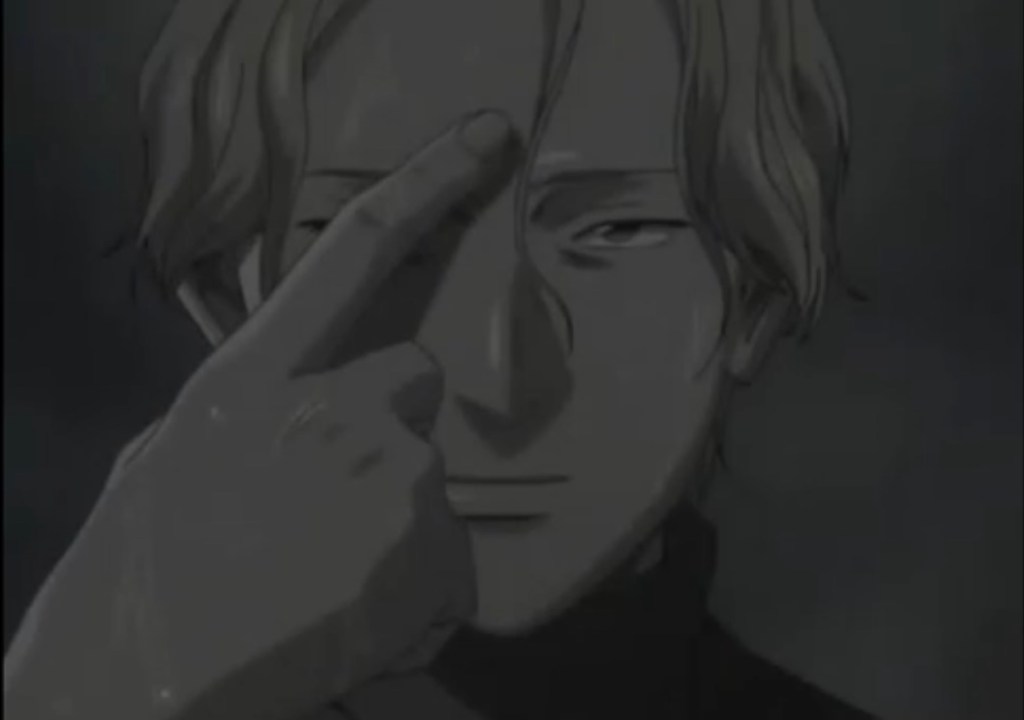
When Dr. Tenma saves the life of a young boy shot non-fatally in the head, he starts a chain of events that eventually has him confront the psychopathic serial killer, Johan. There, Johan points to his head, challenging Tenma to shoot him and end the same life he once saved. But a good man to his very core, Tenma can’t bring himself to do it.
Instead, a minor character makes the shot, and in a brilliant use of circular storytelling, Tenma saves Johan’s life again. This time, managing to perhaps also save the monster inside Johan. While Johan escapes the hospital in Monster’s final scenes, he doesn’t seem to have started killing again.
Naruto: Shippuden
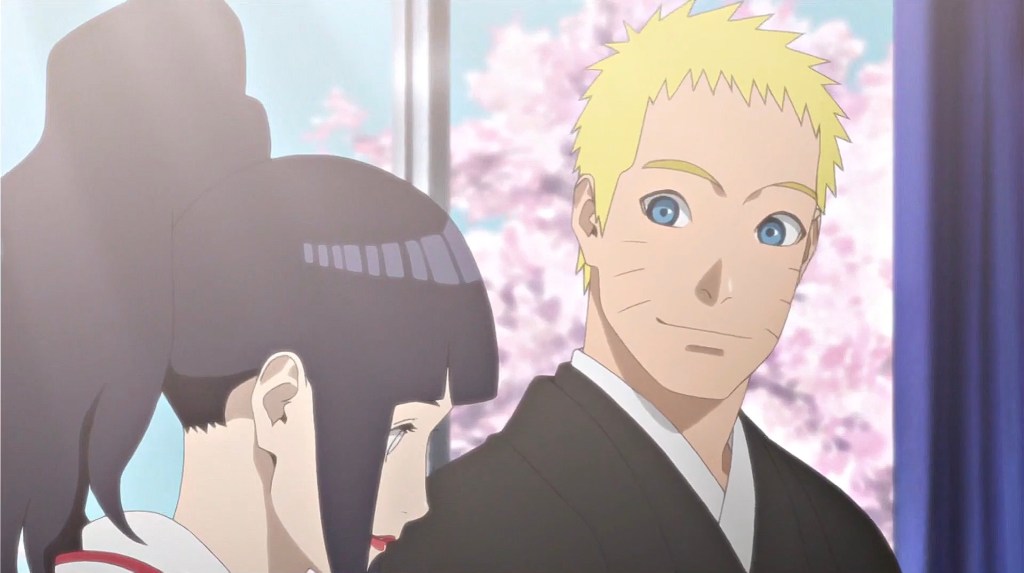
Naruto: Shippuden’s ending was everything fans wanted and more. While the manga drew Naruto and Sasuke’s story to a close after their reconciliation, the anime took us further to Naruto’s wedding day. This was a very satisfying arc, especially since it featured the entire side cast reminiscing on Naruto’s impact on their lives as they bought him gifts. While fans are welcome to debate the quality of the sequel anime’s initial story, Boruto: Naruto Next Generations, it’s hard to deny how satisfying the vision put forth by this finale is.
The nature of this ending made it easy for fans to reminisce alongside the anime’s characters. Naruto’s wedding marked his transition from a teenager to an adult on his way to start his own family. But while it was emotional to bid farewell to the teenaged Naruto we all knew and loved, Naruto asking Iruka to stand in as his father at the wedding was one of the anime’s best scenes for those following since the beginning.
Steins;Gate
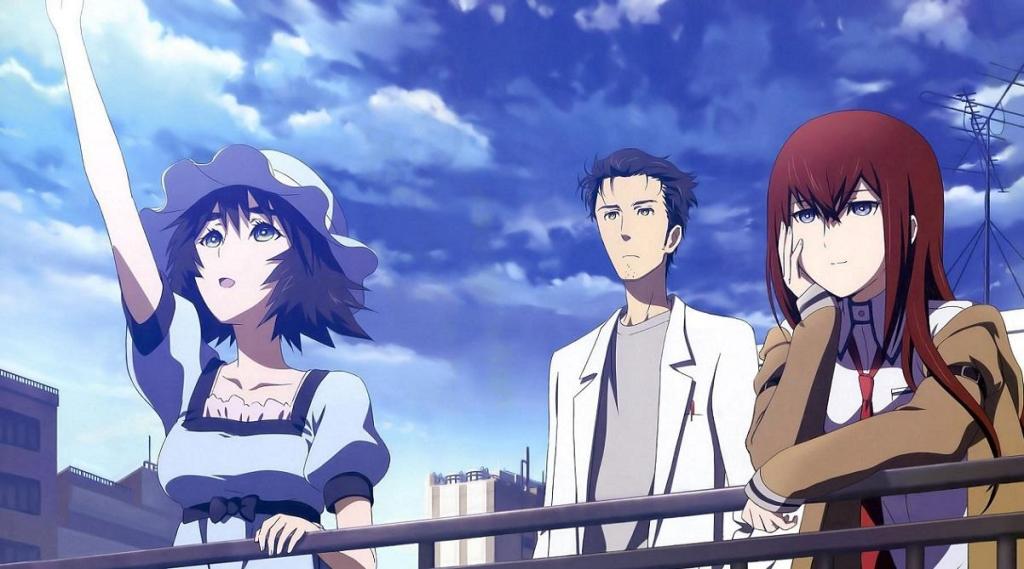
Following his accidental invention of a gadget capable of time travel, Rintarou Okabe gets stuck in a cruel time loop where no matter what he does, his childhood friend Mayuri dies. The only way out? Jumping to a different timeline. But doing so kills his love, Kurisu Makise.
In the end, trying to save both Mayuri and Kurisu, Okabe devises a last-ditch plan where Kurisu lives but forgets all about him. However, the anime instead surprises us by having Okabe and Kurisu meet again at the end of the episode. And when Okabe’s old nickname for her awakens Kurisu’s memories from the other timelines, what could have been a bittersweet ending turns into the happiest ending fans could have asked for.
Neon Genesis Evangelion
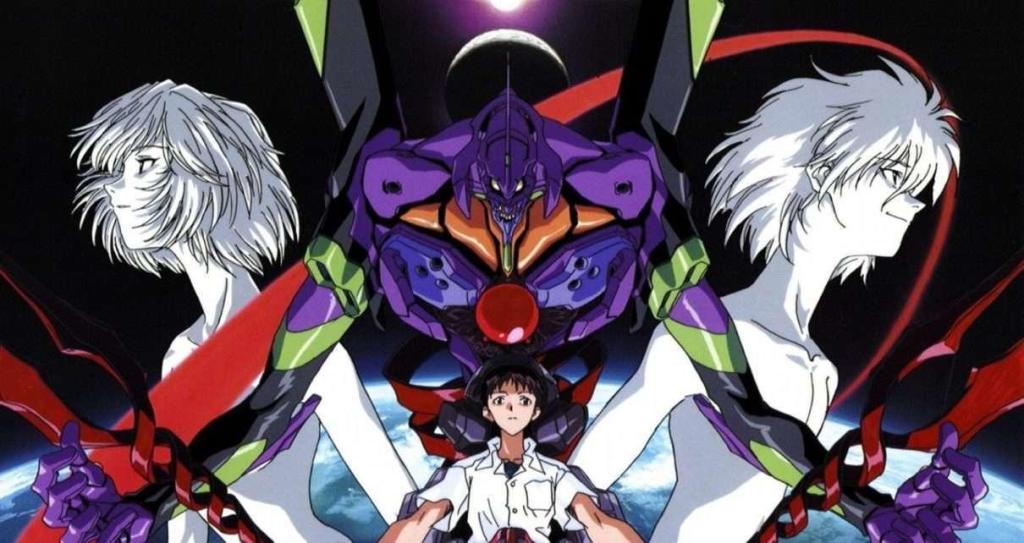
While not everyone likes the ending of Neon Genesis Evangelion, it is still an incredibly impactful and masterful end to the story. As Shinji kills the final Angel, the Human Instrumentality Project, merging all human minds into one, is set into motion. If the project succeeds, humanity’s problems will disappear, but mankind will no longer have the chance to learn from their mistakes as individuals.
That is the dilemma 14-year-old Shinji faces. He confronts himself, wondering if his life is truly worth living, his low self-worth shaping his perception of reality. But Shinji ultimately realizes his perception is just that: perception. With his thoughts, he has the power to change his reality. And that’s not just a powerful lesson for Shinji but also for the audience.




